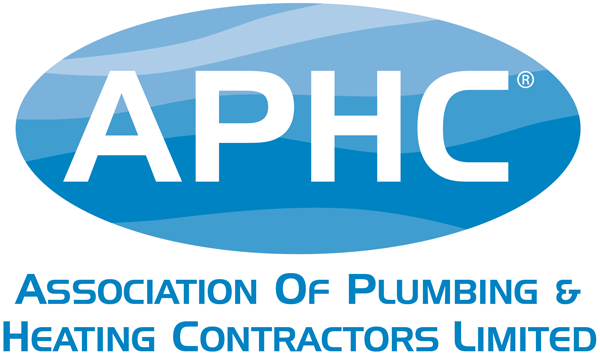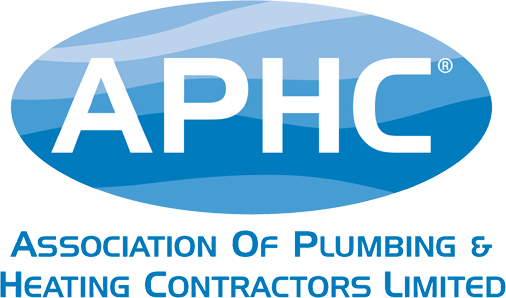John Thompson, CEO of the Association of Plumbing & Heating Contractors (APHC), looks at whether employers are liable for any employee indiscretions over the festive period relating to drunk driving and inappropriate conduct at company events.
When it comes to employee conduct, an employer could indirectly be liable for damage and personal injury caused by its employees. An employer isn’t automatically liable for assault or damage involving employees as each case will be dependent on individual facts. However, in a recent tribunal case where an employer dismissed a group of employees who got drunk and started brawling at an event where the company had provided free alcohol, the employer lost the tribunal as it was argued the employer condoned their behaviour due to providing them with free alcohol.
To help minimise liability, without impacting the enjoyment of the event, it can be good practice for employers to issue advice to employees stating that drinking to excess is unacceptable at company events. It is also worth considering limiting the amount of alcohol available at the event, perhaps through a coupon system where each employee is entitled to a limited number of alcoholic drinks.
In terms of drunk driving by employees, employers can potentially be held liable where employers make alcoholic beverages available at company functions, or who allow employees to drink alcohol on company premises or while on company business. However, this largely depends on whether the actions of an employee are within the course of their employment. If an employee is expected to attend an event as part of their job, they could argue that driving to and from the event is part of their job. However, if the event was purely voluntary and the employer had taken steps to discourage certain forms of behaviour from their staff, then it would be significantly more difficult to argue that case.
To help protect against such a claim it is good practice to inform employees of the expected behaviour and take measures to provide them with information on alternative methods of transport and nearby hotels. It is also good practice to issue a formal written communication stressing that employees who are above the legal limit for drinking and driving must not drive, and could be liable for a disciplinary procedure if they are found to have done so.
Following these steps, will not only assist in making an accident less likely, but they can protect employers against those who try to bring a claim against them.
Plumbing and heating contractors can ensure they obtain access to correct employment advice by joining APHC.
For further guidance, APHC members are able to call the APHC free legal advice helpline by phoning the APHC office on 0121 711 5030 in the first instance.






